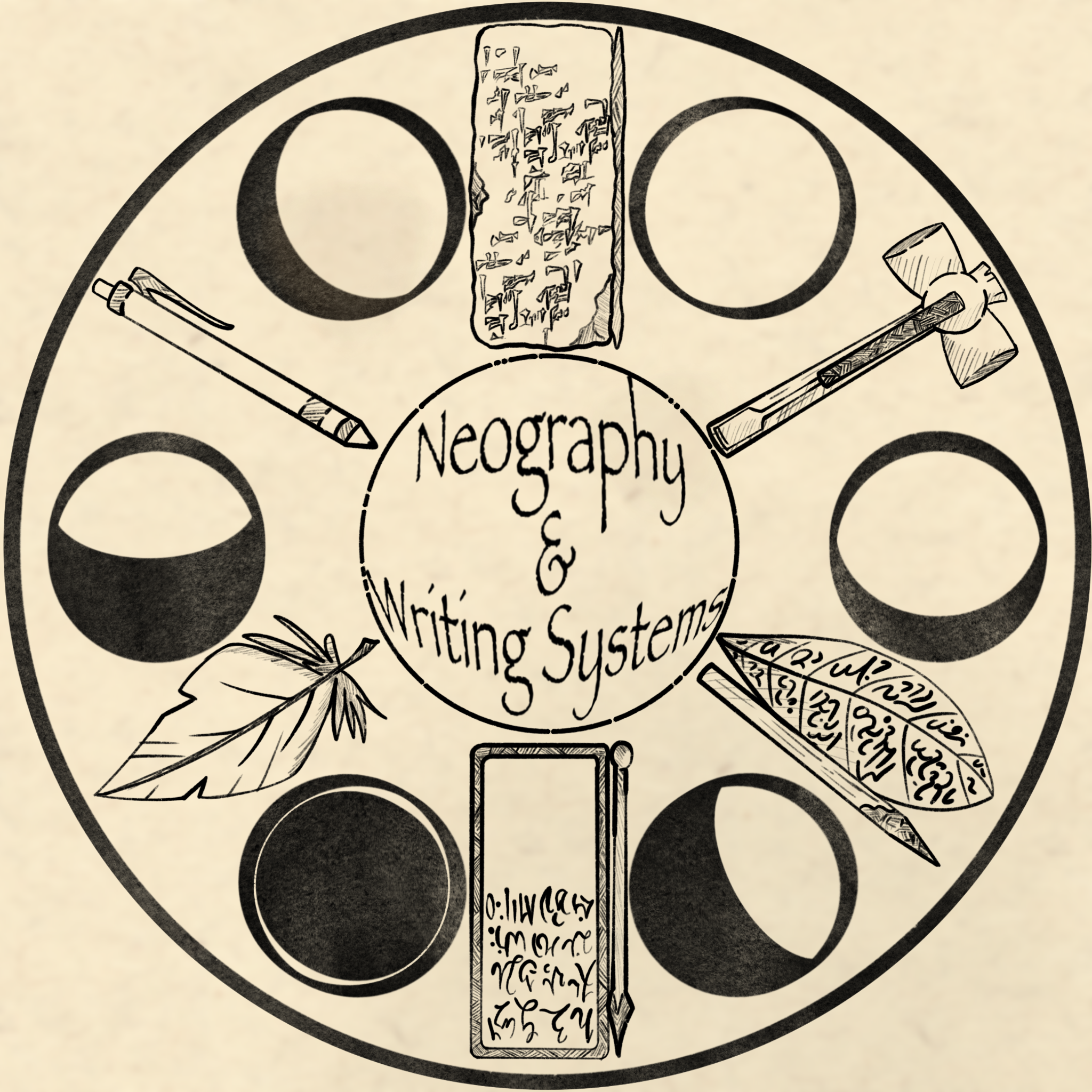Every once in a while I sometimes think about remaking the English writing system, as is normal I’m sure😅, and I wonder what would be the most useful revision of punctuation or phonetic.
Distinction between the consonant R and rhotic vowels, so being able to spell “ever” as “evŗ”
Bringing back Þ and Đ and other old letters which represent sounds we still have.
Assigning C the sha sound and J its french sound so that Ch can be built as Tc and the hard J can be Dj, so Callow instead of Shallow, Tceck instead of Check, Jenre instead of Genre, and Djerk instead of Jerk.
Reassigning the names of letters to as much as coherently possible be grammatical function words so that single letters can be used as abbreviations for those grammar words, like Shavian did with T N Đ F and V for To, And, The, For, and Of.
Letting people otherwise spell words as they speak them given the phonetic values of the alphabet and judging people’s writing ability on the meaning and content of their writing as opposed to their ability to adhere to spellings that solidified hundreds of years ago.
Supporting publishing houses at a much more local scale to facilitate that spell as spoken reform in a more accommodating way.
Supporting poets and other writers on the off chance one of them turns out to be a modern Shakespeare and we get an ass ton of new words to put to good use.
I think it makes sense to have two letters for R and use them for onset and coda for a really good reason, dialectical compatibility is really high. In my dialect there are no coda R sounds but if it still represents schwa for me then I can spell everything the same as Americans or people with a different dialect in my country. It’s also pretty intuitive because spelling schwa with er is really common.
The schwa is honestly it’s own thing to me, I think it should have a letter as well, something like
- A = All
- Aŗ = Are
- Æ = And
- Ai = I
- Aiŗ = Ire
- E = End
- Ei = They
- Eiŗ = Air
- È = A
- Ŗ = Her
- I = He
- Iŗ = Ear
- Ì = in
- O = Oh
- Oŗ = Or
- Oi = Oil
- Ou = Out
- Ouŗ = Our
- Ò = On
- U = Oops
- Ue = Look
- Ù = Up
It’s not perfect but you can see what I’m going for, Shortening the average length of a sentence both by opening up phonetic/by spoken word spelling, and then also by eliminating homophones in writing by using abbreviations for the more commonly used soundalikes. Observe,
Ìt’s nòt pŗfekt, bùt Y kæn si wèt Ai’m goiŋ foŗ, coŗtìniŋ ð ævrìdj leŋþ v è sentens boþ bai opìniŋ ù fonetìk/bai spokìn wŗd speliŋ, æ ðen also bai ìlìmìneitiŋ hòmofonz ì raitiŋ bai yuziŋ èbrivieicènz f ð moŗ kòmènli yuzd soundèlaiks. Èbzŗv,
Strich typing would make it much easier to learn … and then much harder to grow, as importing words becomes harder.
A plural “you” would alleviate some awkwardness here and there. I often use “yous”
Negatives that match their positives: avoid the difference between “he went” and “he didn’t go”
he wentn’t © 😂
why not just say “he did go” vs “he didn’t go”? it’s not that they are different rather that !(“he went”) doesn’t exist.
“He went” is much more common, and has no negative.
Spell things the way they are pronounced. Add extra letters if you have to.
I’m always curious on people’s ideas on how to reduce the number of letters that are needed for spelling in english (48~ phonemes which is massive for an alphabet). Personally I find that it makes sense to spell zh (like the g in beige or the s in pleasure) with Ž as it’s so uncommon it’s not really worth the extra letter.
Two letter phonemes are always possible.
For example, Lithuanian has 32 letters in its alphabet, and has no x, q, or w, but has ą, ę, į, ų, ū, č, š and your aforementioned ž.
It also has two phonemes that require two letters:
ch to differentiate it from h, to separate hide (h sound) from whores (ch sound)
dž to pronounce Jack and John as Džekas and Džonas, because j is pronounced as the y in yarp.
it also as ie, au, ei and similar two vowel combos that slowly go from one sound to another.
True that’s also useful, Two letters has worked fine for a lot of stuff in English (th, sh, ch) I guess zh isn’t a stretch at all for us. I’m kinda worried about vowels though since we have so many, maybe an addition like Cyrillic’s ь makes sense so non is non but known is noьn or something
You could either combine vowels to make new sounds or use something with diacritics like å, ä, ė or whatever is used the most.



